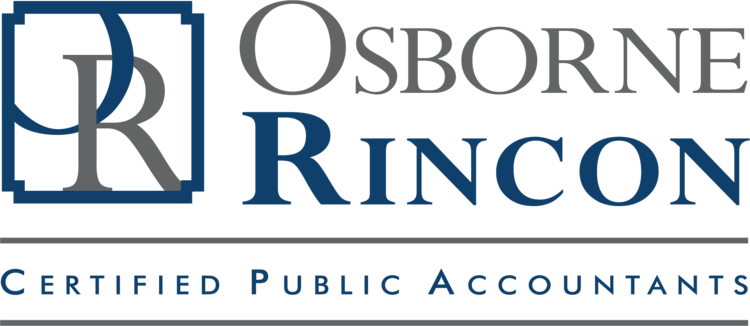By: Lee Osborne, CPA, CFE – President, Osborne Rincon
Do you have a living trust? If so, you need a successor trustee who operates the trust and makes sure it is properly distributed to beneficiaries.
Many times, this successor trustee is a family member and is often one of the beneficiaries, as well, which can be a real challenge when there is not a proper accounting of the trust assets and the beneficiaries start to be concerned with who gets what.
With large trusts, a professional trustee is typically needed. This person is responsible for the trust accounting and to make sure market valuations are attained. As a professional trustee, they are responsible to attain the fair market value of the assets, follow the letter of the trust agreement and begin distribution of the assets.
The IRS generally gives you two years to distribute all of the assets of a trust, however; there are always exceptions. If you have all of your assets in the name of the trust and there are no disagreements, the special court accounting may not be needed. However, if there are legal challenges to the trust, the trustee must take the matter to court for direction.
There are also too many times where the beneficiaries feel that they did not get their fair share. With the proper trust accounting and an independent successor trustee, the infighting can be reduced.
For more information call Osborne Rincon CPAs at 442-307-5512
